Specifications
- Material Types and Composition
- Stainless Steel Tubes: Known for their strength, durability, and resistance to corrosion, stainless steel tubes are commonly used in applications such as plumbing, chemical processing, and food and beverage industries.
- Copper Tubes: Copper offers high thermal conductivity, making it ideal for HVAC systems, heat exchangers, and electrical applications.
- Aluminum Tubes: Lightweight yet strong, aluminum tubes are used in industries like aerospace, automotive, and construction for both structural and functional applications.
- Plastic Tubes: Flexible and resistant to corrosion, plastic tubes are used in applications like fluid transfer systems, medical devices, and packaging.
- Carbon Fiber Tubes: Carbon fiber offers exceptional strength-to-weight ratio, commonly used in high-performance vehicles, aerospace, and sports equipment.
- Size and Dimensions
- Outer Diameter (OD): Tube sizes vary widely, with standard OD sizes ranging from 2mm to 500mm depending on the specific application. Custom sizes are also available.
- Wall Thickness: Wall thickness typically ranges from 0.5mm to 50mm, depending on the material and pressure requirements of the tube.
- Length: Tubes are available in various lengths from 1 meter to 20 meters and can also be cut to custom lengths based on project requirements.
- Bending Radius: Tubes can be bent to specific radii without compromising their structural integrity, with bend radii generally ranging from 1.5 times the OD to 10 times the OD, depending on the material type.
- Pressure and Temperature Resistance
- Pressure Resistance: Tubes are rated for specific pressure tolerances, with some models capable of handling high-pressure applications up to 10,000 psi or more, depending on material type and wall thickness.
- Temperature Tolerance: Tubes are available in a wide range of temperature resistance, typically from -40°C to 300°C, with specialized tubes capable of operating at high-temperature extremes up to 1000°C for specific applications in the aerospace and industrial sectors.
- Applications
- Fluid and Gas Transport: Used in industries requiring the transport of liquids and gases, such as chemical manufacturing, oil and gas, pharmaceuticals, and water treatment.
- Heat Transfer: Tubes are integral to heat exchangers, radiators, and cooling systems in applications requiring thermal management, such as HVAC systems and power plants.
- Structural Components: Tubes are used in frames, supports, and reinforcements in industries such as automotive manufacturing, aerospace, and construction.
- Medical Devices: In the medical industry, tubes are commonly used in IV systems, catheters, and blood vessels for drug delivery, diagnostics, and life-saving procedures.
- Electronic Components: Tubes are used for signal transmission and power delivery in the electronics industry, including applications like cable conduits and electrical wiring systems.
- Fabrication and Finishing Options
- Welding: Tubes can be welded into complex shapes and structures for applications such as heat exchangers, fluid transfer systems, and automotive frames.
- Cutting: Tubes can be cut to specific lengths or diameters for custom installations in construction or manufacturing environments.
- Bending: Tubes can be bent into precise shapes, often used in plumbing, electrical conduit systems, and HVAC installations.
- Surface Treatment: Tubes can be subjected to various surface treatments like galvanizing, polishing, and anodizing to increase corrosion resistance, improve aesthetic appearance, and enhance durability.
- Environmental Resistance
- Corrosion Resistance: Tubes made from materials like stainless steel and copper are highly resistant to corrosion, making them ideal for applications exposed to moisture, chemicals, and extreme environments.
- UV Resistance: Plastic tubes, especially those made from UV-resistant materials, can be used in outdoor applications where exposure to sunlight could degrade other materials.
- Abrasion Resistance: Rubberized or coated tubes are often used in industries that require protection from abrasion, such as in mining or industrial machinery.
- Customization and Special Features
- Coated Tubes: Tubes can be coated with specialized materials like PTFE or rubber to provide enhanced chemical resistance, low friction, or insulation properties.
- Flexible Tubes: Available in flexible forms for applications that require movement or bending, such as hose systems and medical devices.
- Insulated Tubes: Tubes can come with built-in thermal insulation for applications like cryogenic transport or high-temperature systems.
- Multi-Layered Tubes: Some tubes are manufactured with multiple layers to improve strength, thermal conductivity, or pressure resistance.



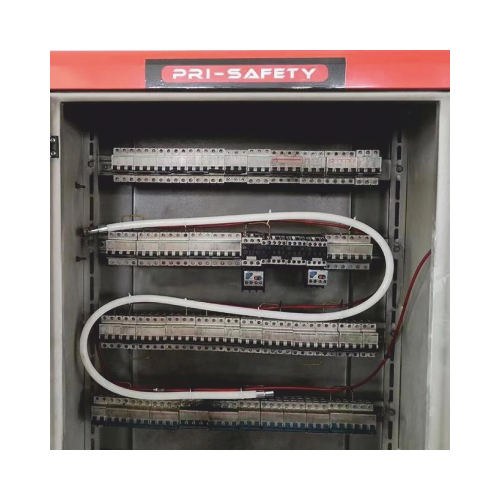
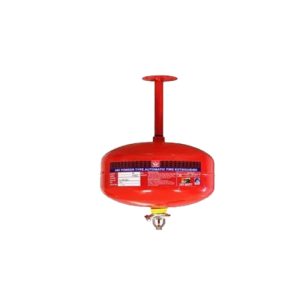
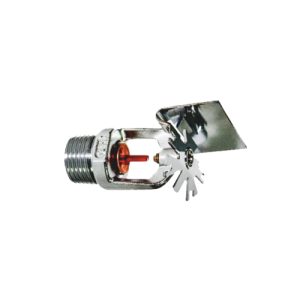
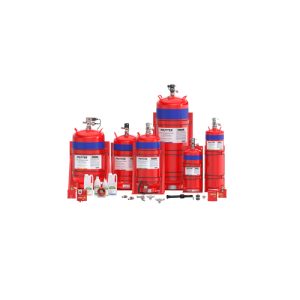
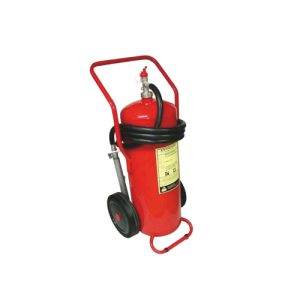
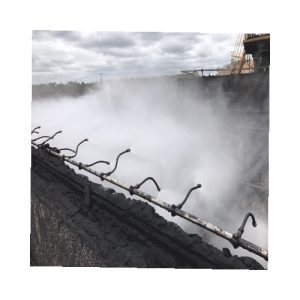
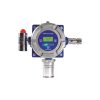
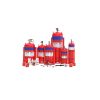
rosetyler –
Est dolores dolorem ut nobis odit aut molestias quam et accusantium nisi. Qui dignissimos saepe et autem eligendi et cupiditate culpa At recusandae porro. Ut quasi facilis non dignissimos dolorem est sint distinctio qui ipsa quasi id reiciendis enim non corrupti dolorum.